How fitting that the clarion call to liberate Victorians from the lunacy of lockdown came forth from Miner’s Rest in Ballarat, home of the Eureka Stockade. It is a sad reflection on the paucity of instruction in Australian history, that few connected Zoe Buhler’s Facebook post to fight for freedom from lockdown with the struggle of courageous miners, 166 years earlier, to defend their ‘rights and liberties’ against the rapacious tax of a tyrannical Victorian government and its brutal constables.
Ms Buhler was the first to feel the heavy-hand of Victorian police who now snoop around on social media, sniffing out anyone with the temerity to advocate a protest against Premier Dan Andrews’ draconian measures. Her arrest in her pink flannelette pyjamas made headlines around the world. Another young man had his front door smashed down and two elderly ladies were menaced, seemingly for sitting on a park bench around the time of the rally. Journalists from three different outlets were also threatened with arrest and one, who was thrown to the ground, was harassed in his home that night by police who claimed they were checking ‘to see if he was complying with the curfew.’
Despite the intimidation, people turned out to protest. In Melbourne they gathered at the Shrine of Remembrance, a poignant reminder that Australians have fought and died abroad for freedoms that must now be defended at home. Unlike the Black Lives Matter rally in Melbourne, which the police supported by ‘taking the knee,’ 17 people were arrested and more than 160 fined, a genuinely diverse crowd; men and women, young and old, with long and short hair and no hair at all. There were also solidarity rallies around the country demanding freedom for Victoria.
There has never been any evidence that lockdowns work and much more that indicates they increase deaths, both by forcibly confining vulnerable people with those who are infected, discouraging or preventing people from seeking treatment for other life-threatening illnesses and by increasing substance abuse, domestic violence and suicide when people are deprived of human company, the freedom to practice their religion, to comfort the sick and the dying, to bury the dead and through the hardship created when their jobs are destroyed by government fiat and they are deprived of employment, income and purpose.
While Andrews has been riding high in the polls, support for his lengthy, lethal lockdown is waning. His roadmap to recovery has been condemned by business as a roadmap to ruin and a highway to hell. The spirited critique of his plan by former AFL star Luke Darcy echoed those of world-renowned microbiologist Peter Collignon, who condemned the plan’s milestones as ‘unattainable’ and Catherine Bennett, chair of epidemiology at Deakin University who said it was bizarre that it failed to focus on suppressing the virus in aged and health care while allowing the rest of the state to reopen.
Rejection is being voiced even in Andrews’ own ranks. Former federal Labor leader Bill Shorten said he’d ‘sort of hoped that maybe the restrictions would come off a bit quicker’ and that he’d been inundated with complaints from business, while former federal Labor Communications minister Stephen Conroy slammed Victorian chief medical officer Brett Sutton as a star-struck clown for describing Victoria’s coronavirus modelling as guess work.
Andrews and his corona cops may have succeeded in stamping down for now the demands for freedom but he (and they) would be wise to look at the history books. They will not be kind to him. While the rebellious Ballarat miners were defeated on the battlefield, those who were tried for treason were acquitted to great popular acclaim and the democratic spirit of the goldfields rippled across the Australian colonies and led to the enfranchisement of all men, including indigenous men, in South Australia, Victoria and NSW, by 1858. Mark Twain called it, ‘the finest thing in Australasian history. It was a revolution—small in size; but great politically; it was a strike for liberty, a struggle for principle, a stand against injustice and oppression.’ With Zoe Buhler, the strike for freedom began again in Ballarat.
Thawley wait nearly over…
Every year, one of the greatest pleasures of the editor of this magazine is informing the lucky winner of the Spectator Thawley Essay prize that they have won $5,000, will be published and will enjoy dinner with John Howard, Michael Thawley and Rowan Dean. The winner has now been decided. Stand by your phones…
Got something to add? Join the discussion and comment below.
Get 10 issues for just $10
Subscribe to The Spectator Australia today for the next 10 magazine issues, plus full online access, for just $10.
You might disagree with half of it, but you’ll enjoy reading all of it. Try your first month for free, then just $2 a week for the remainder of your first year.


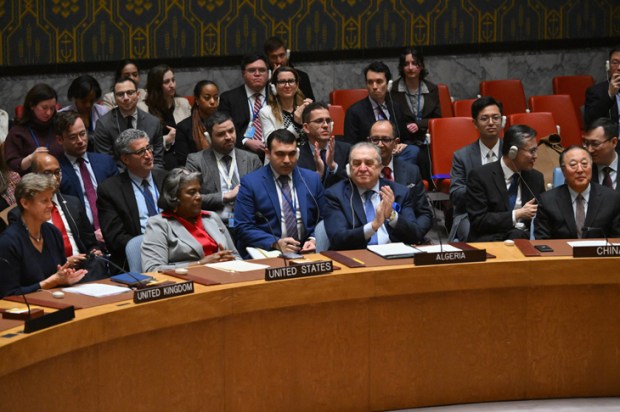
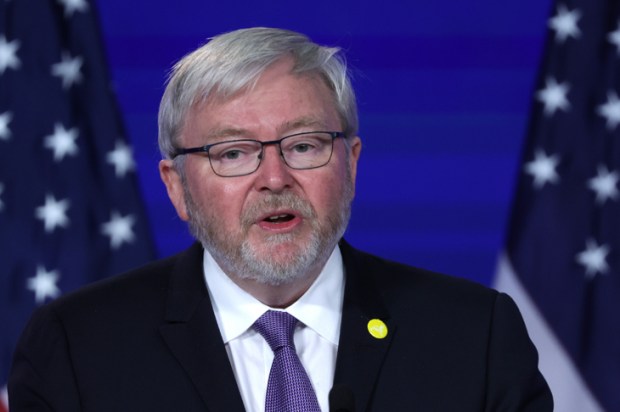
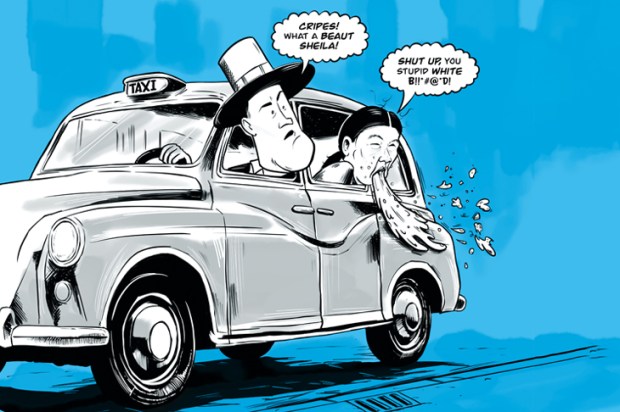
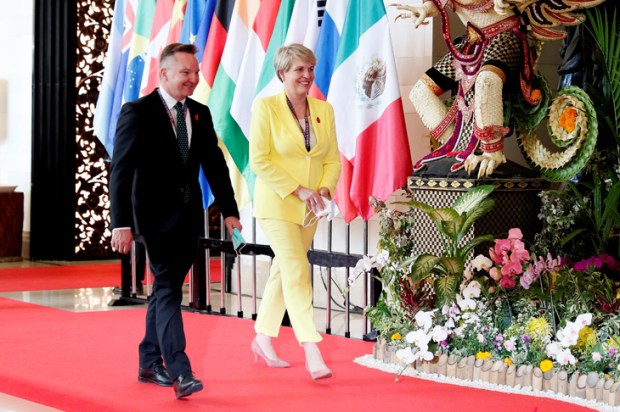
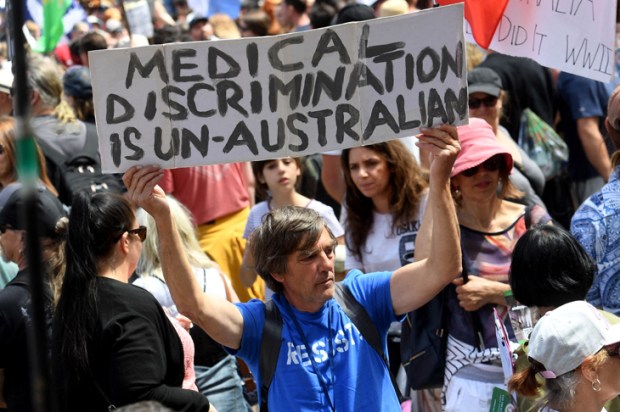
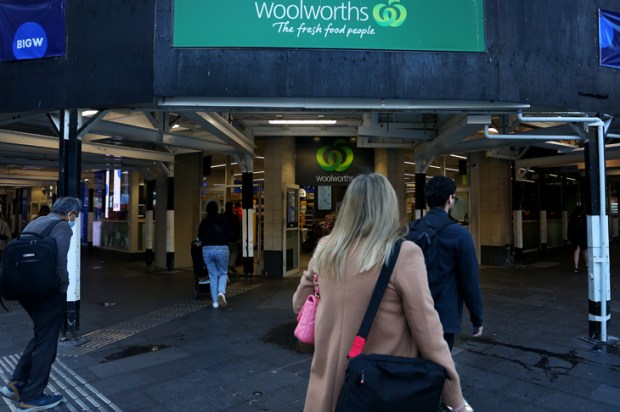






Comments
Don't miss out
Join the conversation with other Spectator Australia readers. Subscribe to leave a comment.
SUBSCRIBEAlready a subscriber? Log in